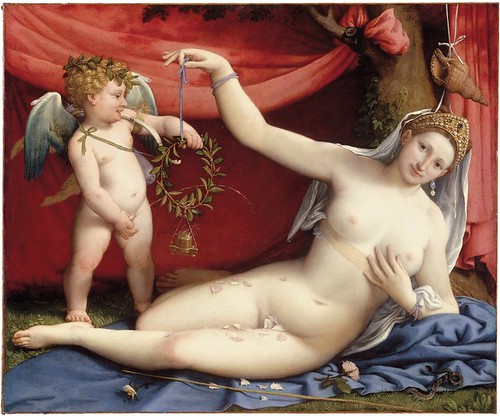Thus all these tiny scratches give us breadth and heft and depth. A world that has only periods is a world without inflections. It is a world without shade. It has a music without sharps and flats. It is a martial music. It has a jackboot rhythm. Words cannot bend and curve. A comma, by comparison, catches the gentle drift of the mind in thought, turning in on itself and back on itself, reversing, redoubling and returning along the course of its own sweet river music; while the semicolon brings clauses and thoughts together with all the silent discretion of a hostess arranging guests around her dinner table.
Punctuation, then, is a matter of care. Care for words, yes, but also, and more important, for what the words imply. Only a lover notices the small things: the way the afternoon light catches the nape of a neck, or how a strand of hair slips out from behind an ear, or the way a finger curls around a cup. And no one scans a letter so closely as a lover, searching for its small print, straining to hear its nuances, its gasps, its sighs and hesitations, poring over the secret messages that lie in every cadence. The difference between “Jane (whom I adore)” and “Jane, whom I adore,” and the difference between them both and “Jane — whom I adore — ” marks all the distance between ecstasy and heartache. “No iron can pierce the heart with such force as a period put at just the right place,” in Isaac Babel’s lovely words; a comma can let us hear a voice break, or a heart. Punctuation, in fact, is a labor of love. Which brings us back, in a way, to gods.
—Pico Iyer
—from “In Praise of the Humble Comma”
—found in Time (June 24, 2001)





